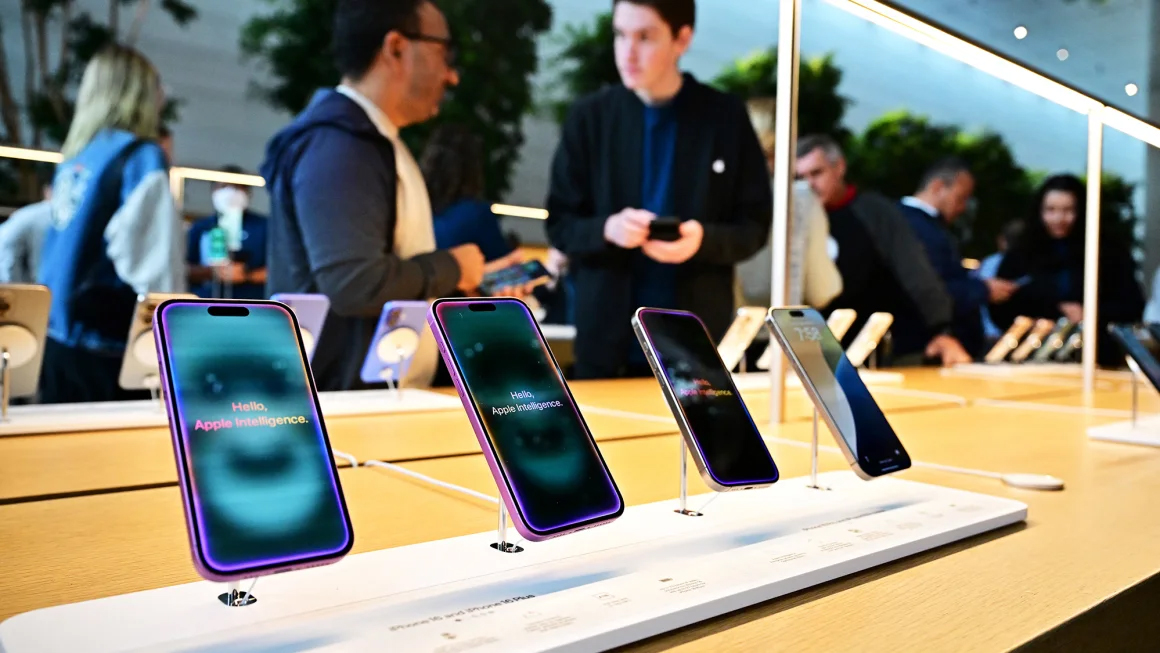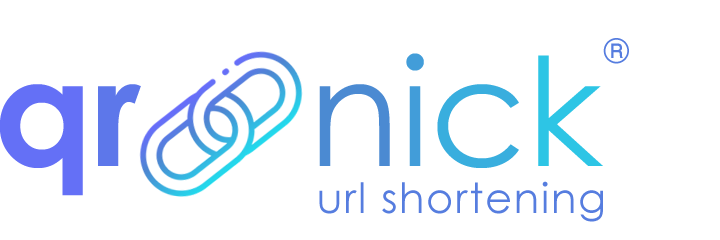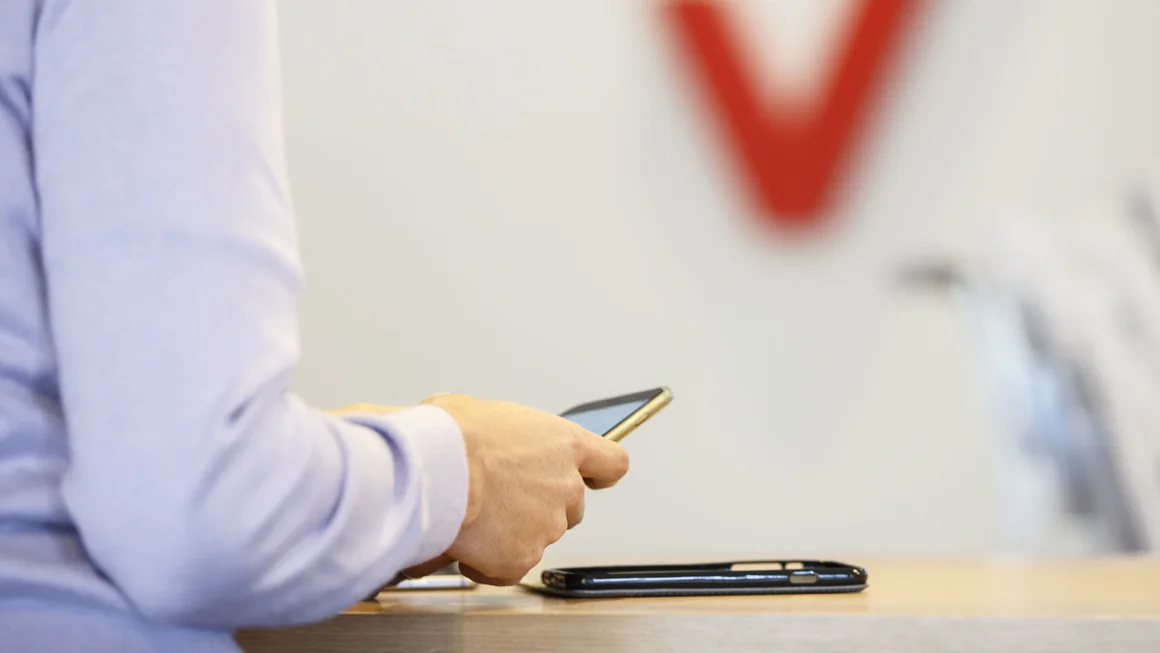
Apple had been counting on new artificial intelligence features to make the iPhone 16 a major hit. But pre–sale estimates point to a more muted early response than Apple had hoped. Apple needed the iPhone 16 to be a big seller after years of sluggish iPhone sales. Long gone are the years when loyal Apple fans would line up to trade in their device on a near-annual basis, and the company hasn’t given consumers a big reason to upgrade since adding 5G connectivity with the iPhone 12. It’s been hoping that a suite of new software features that weave AI throughout would be a hit.
But despite several splashy launch events, it’s not clear if Apple has successfully made the case to consumers just yet. Apple sold just an estimated 37 million units in the first weekend of iPhone 16 pre-sales, down more than 12% compared to the same period last year, according to a blog post from Ming-Chi Kuo, an Apple analyst with TF International Securities.
In particular, demand for the higher priced iPhone 16 Pro devices were down sharply year-over-year compared with the iPhone 15 launch.
One week after pre-sales began, Wedbush analyst Dan Ives pegged pre-sales only slightly higher than Kuo’s estimate at roughly 40 million units. CFRA Research technology analyst Angelo Zino also said the first weekend of preorder sales data pointed to a year-over-year decline. Perhaps more than the number of devices customers bought during presale season, Apple may need to worry about which phones in the iPhone 16 lineup consumers are opting for, given that the upgrades to the standard devices make them comparable in many ways to the Pro models. Analysts say there appears to have been greater demand for the lower priced iPhone 16 and iPhone 16 Plus devices than the Pro and Pro Max, which could affect the average selling price and overall iPhone sales revenue.
In the first weekend of presales, Apple sold 9.8 million iPhone 16 Pros and 17.1 million iPhone 16 Pro Max devices, down 27% and 16% year-over-year, respectively, according to Kuo. By comparison, sales of the standard iPhone 16 and the Plus were up slightly compared to the iPhone 15. The issue, Zino said, is that the base iPhone models might simply be too good.
“Given that this is largely a software upgrade cycle, my concern is that there were a greater mix of sales in the lower price iPhone 16 than the higher price devices,” Zino said. “When you look at the standard devices, they got a really great upgrade in terms of their cameras and internal processors.” Kuo also reported shorter delivery lead times for the iPhone 16 Pro models — 1-2 weeks for the iPhone 16 Pro during first weekend pre-sales — compared to the iPhone 15, which saw customers waiting 3-4 weeks for their devices. He pointed to the fact that the iPhone maker’s highly touted AI “Apple Intelligence” features aren’t even available on the devices yet (they’re set to begin rolling out in beta next month along with iOS 18.1), as well as the company’s ongoing struggle with increased competition in China.


